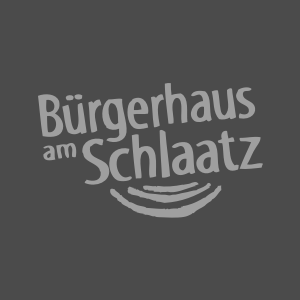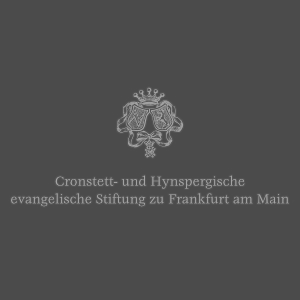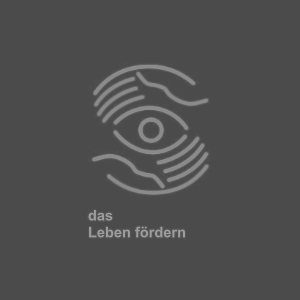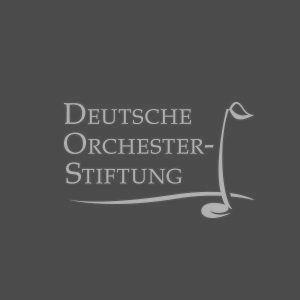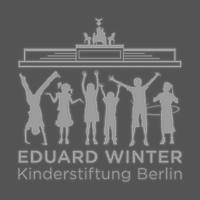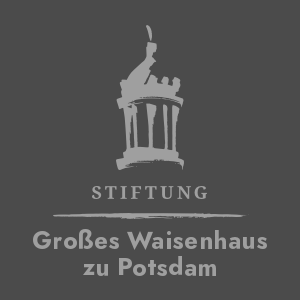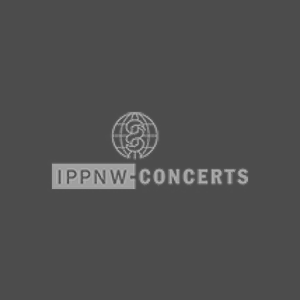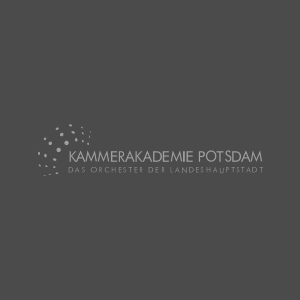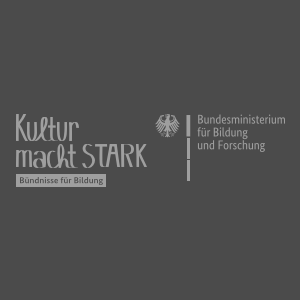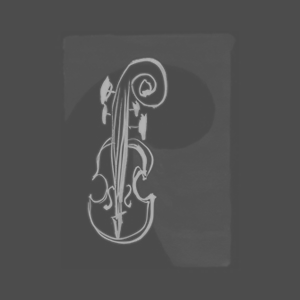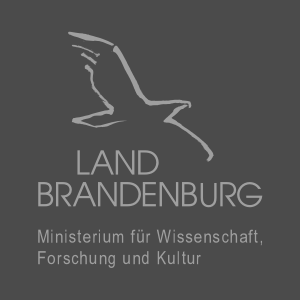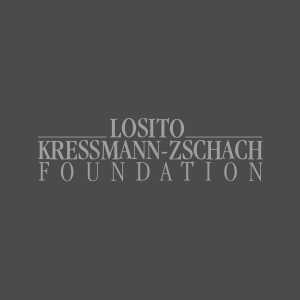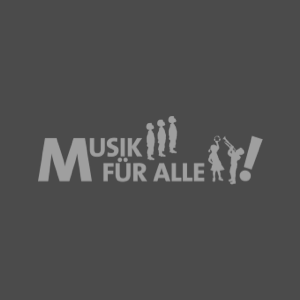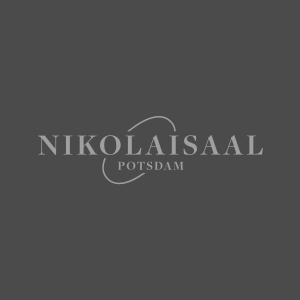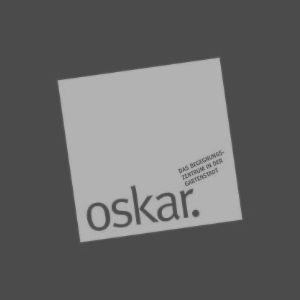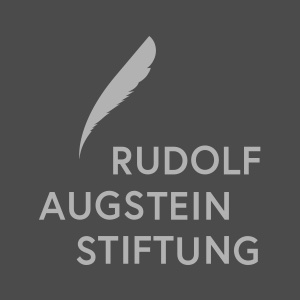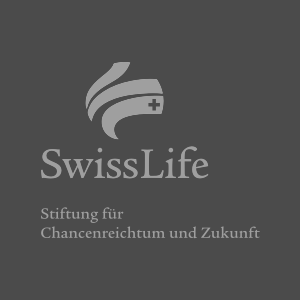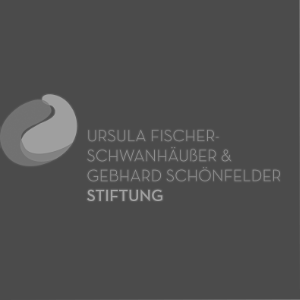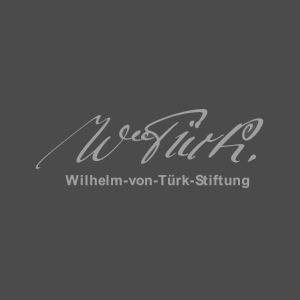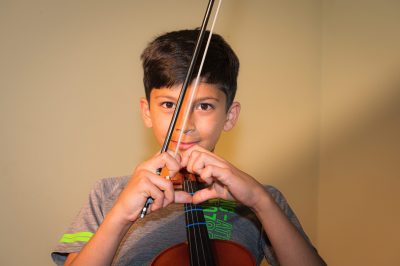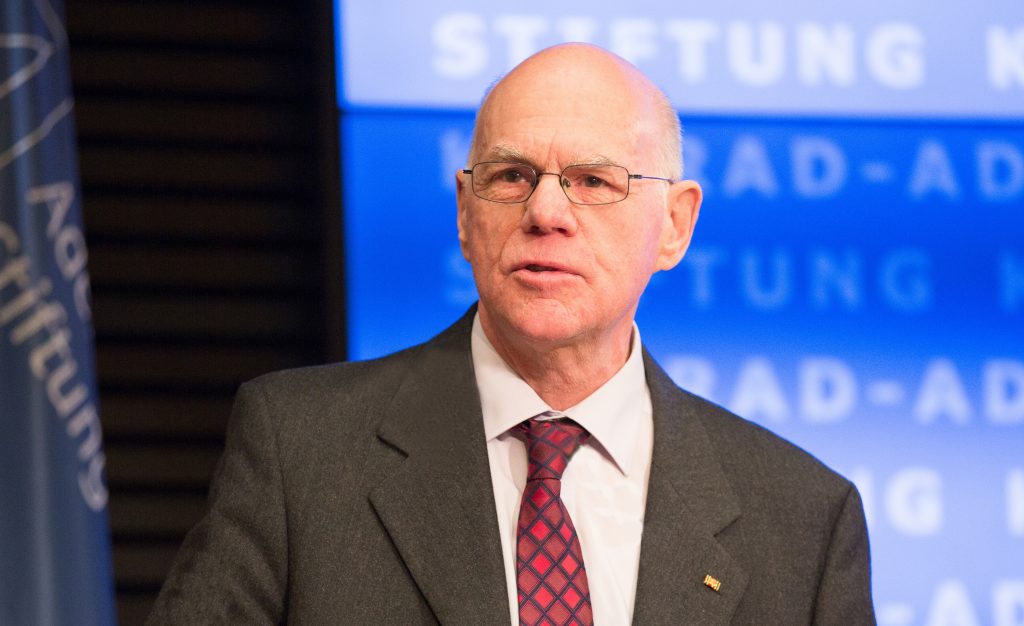Sir Simon Rattle
Barry Kosky
The great thing about making music is that the universal language of music can be spoken across all geographical borders. At the same time, when we make music, we always meet in a certain place at a certain time, indeed we are rooted in the here and now. This is exactly what MitMachMusik does!
Prof. Dr. Norbert Lammert
Günther Jauch
“I support MitMachMusik because I see that something beautiful and unifying is being created here, which negates mutual prejudices. That’s important, especially in times when populist world views make living together difficult.”
Donald Runnicles
Christine Schäfer
The Idea
MitMachMusik promotes through making music the integration of refugee children and teenagers.
In order for young people who have fled war and persecution to find not only shelter here, but also to feel at home and be able to integrate into our society, they need more than just a roof over their heads. They also need emotional, cultural and intellectual attention and encouragement. We know that music is an universal language that enables understanding between people across all ideological, cultural and religious divisions.
With music, children learn to express themselves as well as to listen to others. They learn to trust themselves and others.
In the beginning, the focus was only on refugee children, but the spectrum of the work has gradually expanded. More and more local children and young people from low-income families have been included.
Music enables them to more easily participate in our society by discovering their own abilities as well as experiencing what it means to be part of an active community.
Greeting Patronage
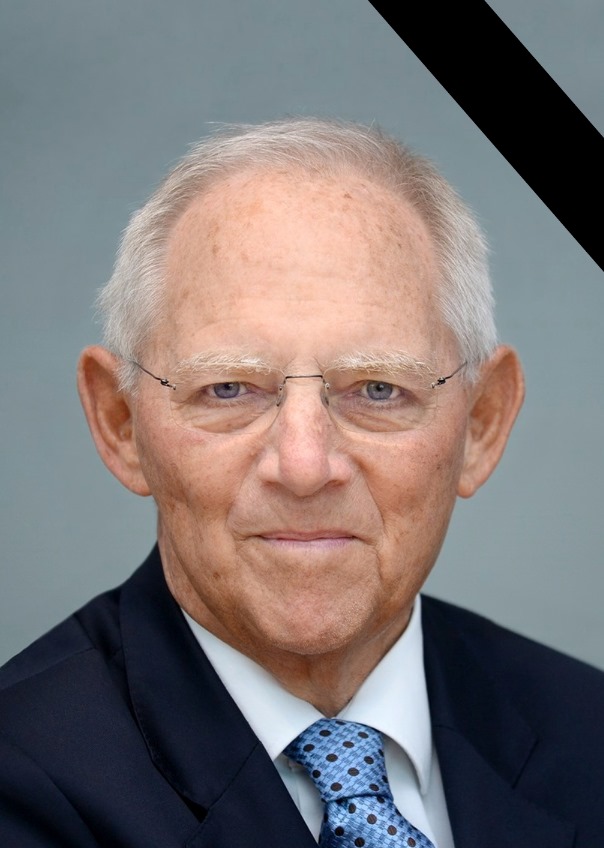
E.T.A. Hoffmann knew that “where language ends, music begins”. And he is right: music moves us human beings in our innermost being. It is a universal phenomenon – music is as diverse as our world. But wherever it is heard, it brings forth memories and feelings. It is also a piece of home which we carry within us. When people move between countries and cultures, music travels with them. It creates identity and cohesion, overcomes interpersonal hurdles and cultural divides. It arouses curiosity and invites people to join in.
The MitMachMusik initiative uses this unique power of music to open up ways for refugee children and young people to playfully grow into our society. They are guided by musicians who have experienced the fate of flight themselves. For teachers and students, making music together is the key to enabling encounters, experiencing recognition and participation. As patron, I support MitMachMusik in building musical bridges and strengthening togetherness in our country – piece by piece, note by note and bar by bar.
Dr. Wolfgang Schäuble (1942 – 2023)
President of the German Bundestag
and patron of MitMachMusik e.V.
© Oliver Helbig
© Jan Windszus
© KAS
“I support MitMachMusik because I see that something beautiful and unifying is being created here, which negates mutual prejudices. That’s important, especially in times when populist world views make living together difficult.”
© Simon Pauly
„I am an enthusiastic supporter of MitMachMusik because making music together brings people together and inspires them so much. It is a remarkable project.“
© Bodo Vitus
„Passing on our love of music, reaching people with it, connecting people – that’s our job. MitMachMusik does exactly that and much more. This is where the world becomes a better place.“

